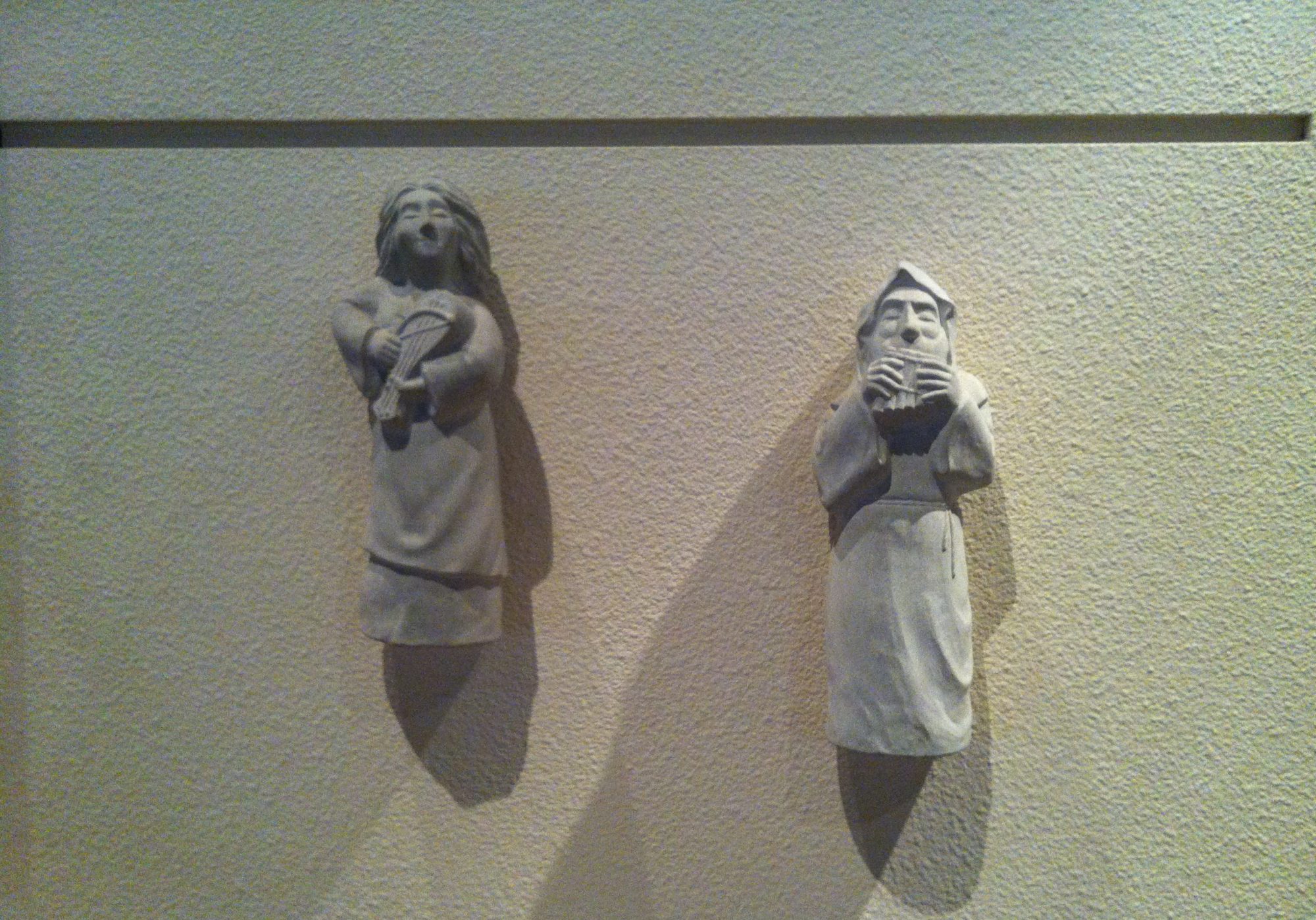Fall is my favorite time of year, but this Fall is extra special, as it marks the release of a project that has been a long time in the making: a new podcast exploring the life, legacy and my own brief, personal encounter with Black Catholic priest, composer and liturgical pioneer, Fr. Clarence Joseph Rivers. Since November is Black Catholic History Month, there’s no better time for this launch.
From the official press release:
“The podcast seeks to introduce Fr. Rivers to Catholics of any color who have never heard of Rivers or the profound impact he made on the way Catholic worship looks and sounds today.

“Created and co-hosted by Emily Strand (of the podcasts Beyond the Words and Potterversity), Meet Father Rivers seeks out individuals who knew Rivers at all stages of his career—from the youthful optimism of his early years to the disillusionment and isolation he seemed to experience toward the end of his life. Strand and guests dialogically uncover hidden truths of Rivers’ (and their own) personal history, revealing both the gift of Blackness and the impact of racism and oppression—historical and ongoing—in the American Catholic Church.
Continue reading “New Podcast Introduces “Hidden Figure” Fr. Clarence Rivers”
 “Brothers and sisters: In this instruction I do not praise the fact that your meetings are doing more harm than good.” (1 Cor. 11:17)
“Brothers and sisters: In this instruction I do not praise the fact that your meetings are doing more harm than good.” (1 Cor. 11:17)